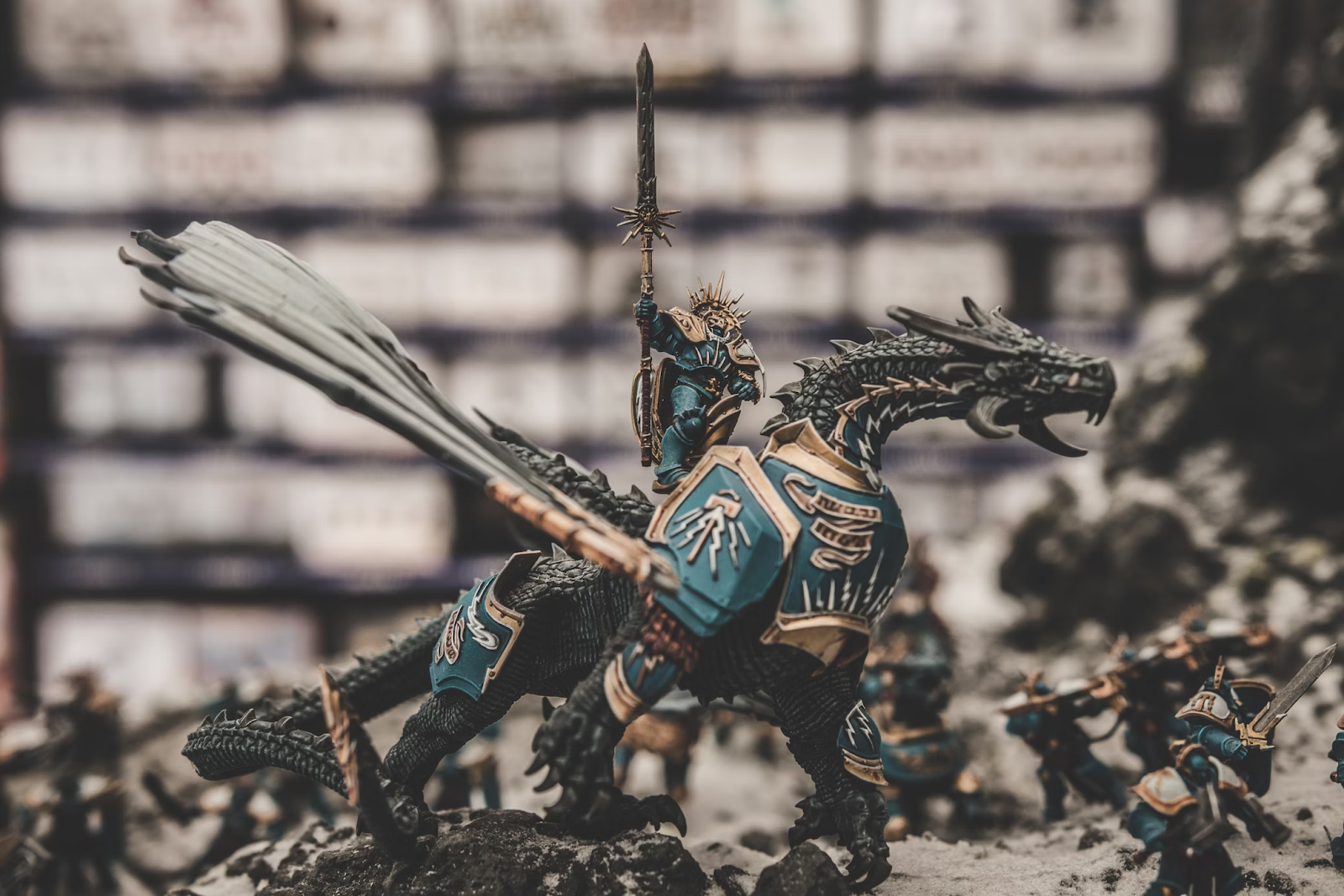When I talk about Pulp Fiction, I am not talking about the movie.
I am talking about magazines and novels printed on cheap paper, distributed as affordable entertainment, and received by thousands of blue collar Americans in the first half of the 20th century. Fast paced stories that grabbed you in the beginning and never let you go. Exciting, action packed, weird and horrific stories. The kind of entertainment where men were men, women were women, and evil was really evil. Pulp Fiction laid the foundation for much of our modern entertainment, from comics to cinema and beyond.
It is true that the pulps had a reputation for being trashy, and many of the stories were. Still, if Edgar Rice Burroughs, Agatha Christie, Robert E Howard, H.P. Lovecraft and Raymond Chandler are trashy, then I guess I enjoy trashy storytelling and you do too. All of them were pulp writers.
And it is also true that much of our entertainment today is tied to the pulps in some meaningful way. Below are a few examples:
- Comic books are just pulps with pictures.
- Film Noir was a result of German expressionism, low budgets, and pulp detective stories.
- Pulp hero, Doc Savage, was the inspiration for Superman. Savage was the man of bronze, and Superman is the man of steel.
- The Shadow and Zorro inspired Batman.
- Speaking of Zorro, He was a pulp hero that is still enjoyed by countless millions.
- Philip Marlowe was a pulp detective, and recently a new Marlowe movie came out featuring Liam Neeson.
- Our modern police procedurals, such as Law and Order, share similarities with pulp crime dramas.
- James Bond is a pulp character.
- Many revered movies and tv shows are just rehashed pulp ideas in fresh clothes, such as Indiana Jones, The Mummy, Batman the Animated series, and the Rocketeer.
To be fair, there was plenty about the pulps that was not good. Flavored with sexism and racism, many publishers just focused on what sold rather than what was right. Profit over priority, as it were. Still, it cannot be denied that American entertainment is tethered to pulp fiction. We cannot get away from it and I am not sure that we should. They practically invented the fem fatale, the hard boiled detective, the masked vigilante, and the antihero. Science fiction as we know it would not exist without pulps, nor would fantasy and mystery stories.
But the thing about pulps that I think are their biggest strength is the Americanism. Contrast Philip Marlowe against Sherlock Holmes. Holmes is dignified and famous. Marlowe is a nobody who drinks. Holmes is a genius, Marlowe is an everyman. Holmes seldom resorts to violence, Marlow freely embraces it. Holmes lives in foggy London and investigates high profile crimes, often at the request of the police. Marlowe stalks dark alleyways in L.A. and investigates seedy fraud and brutal murder, and largely keeps a distance from the local police. Pulps have a dark edge and an attitude.
Much of my writing is essentially modern pulp. The kinds of stories I tell, the protagonists featured, the plots I develop, all of it was inspired by the pulps in some way. I am also inspired by the kinds of stories I loved as a kid, which just so happen to have been inspired by the pulps.
Let me breakdown a typical pulp story structure. They begin in the middle of a story, not at the beginning. The hero is investigating threats made by a madman. He follows clues and finds physical conflict. By the end, he may have recruited help from an ally or may not. He unravels a plot twist, followed by the revelation of the villains true motivation. A glorious physical conflict ensues, and the hero wins by depending on his own might or wit. He gets the girl, saves the day, and either kills the villain, or just misses him, permitting the villain to escape.
Now lets breakdown the plot of "The Grey Ghost" from Batman the animated series. Batman is investigating a series of explosions and threats from the mad bomber. He realizes there are similarities to a tv series he loved as a kid called the grey ghost. Believing there is a clue, Batman tracks down every remaining copy of the grey ghost until he finds that the only surviving collection belongs to the actor who performed in the grey ghost. After some convincing, the actor agrees to work with batman. They watch the original tapes, and investigate together (both in costume, the grey ghost is back!). In a surprise twist, the clues lead Batman to believe that the mad bomber is the actor from the grey ghost. And then, another twist, you find out that the mad bomber is a deranged toy collector who was acting out the role of the mad bomber from the tv show. Batman and the grey ghost find him, escape his deadly traps, and put a stop to his schemes.
You see the connection? It is as pulpy as it gets. So when I say I write stories like the ones I loved as a kid, I mean that I write fast paced heroic fiction with a dark and gritty edge that grabs hold of you and doesn't let go until the explosive ending. Pulp never died, it just changed its clothes. It is a smoky, shadow filled place, where good always triumphs over evil and the hero has real struggles.
Although I think we can move on from the racisim and sexism of the last century.



A keen analysis. It's also worth noting that the Gray Ghost is voiced by Adam West, and Adam West... well hell, you know who he is.
ReplyDeleteYou make an excellent point about the racism and sexism baked into the old pulps, which is something writers should keep in mind if we're going to keep drawing from that well (which we will, let's face it; those tropes still resonate). I myself wrote a Doc Savage / Buckaroo Banzai pastiche called "Dr. Xivray and the Presidential Peril," and I tried hard to push against those old prejudices, spotlighting a diverse cast, up to and including the hero herself. https://www.amazon.com/dp/B0CCCHN924
Hey Greg!
DeleteGood job on the Doc Savage pastiche. I agree, we should not stop drinking from the well, we should just filter the water.
Thanks for reading it! Yes, I like the filtering water metaphor. People get so wound up when the race or gender of classic characters get changed, but SO MUCH of our cultural bandwidth is spent revisiting, remaking, rebooting old properties, and like it or not, most if not all of those properties originated in eras when the default human (for storytelling purposes) was the straight, white man. So, if we are going to spend that much bandwidth resurrecting older IP (and I see no sign that we're going to stop doing this), I think we HAVE to be open to mixing things up a bit, deviating at times from the original creators' intent. Otherwise, we'll be forever mired in all of those outdated sensibilities, defaulting to the straight, while, male character because... well, that's the way it's always been. So, a black James Bond? Sure, why not? A gay Captain Kirk? Yes, please. A female Doctor Who? Wait, they did that already, and what do you know, the world didn't end.
Delete